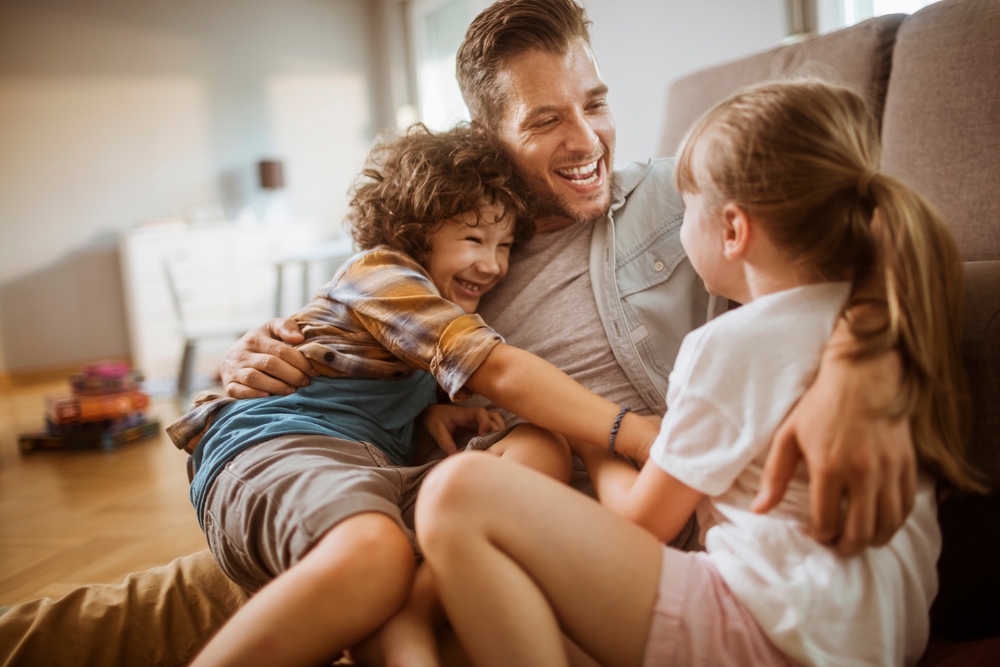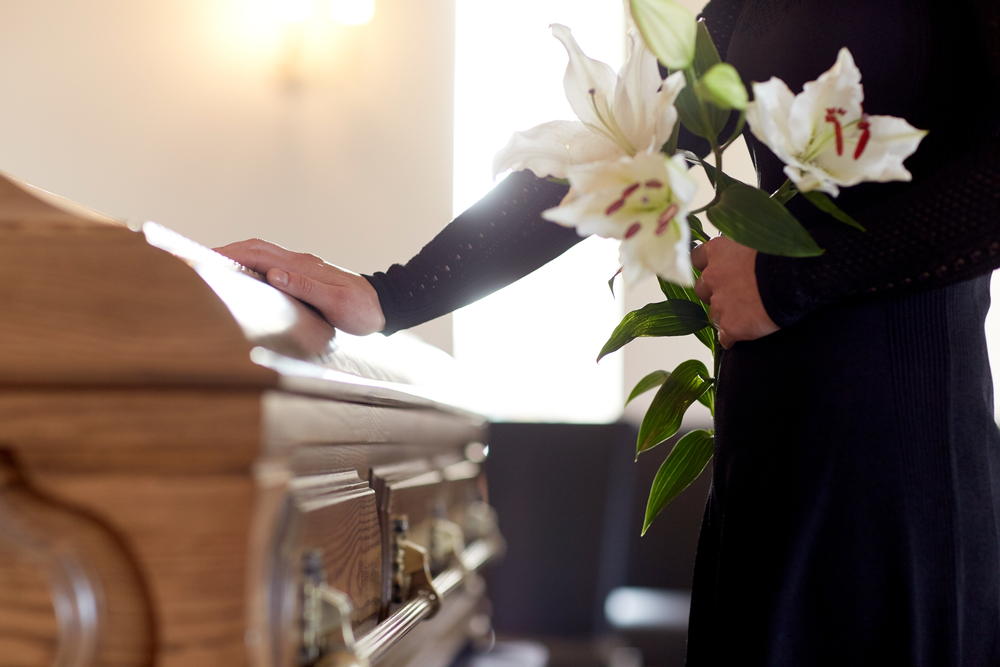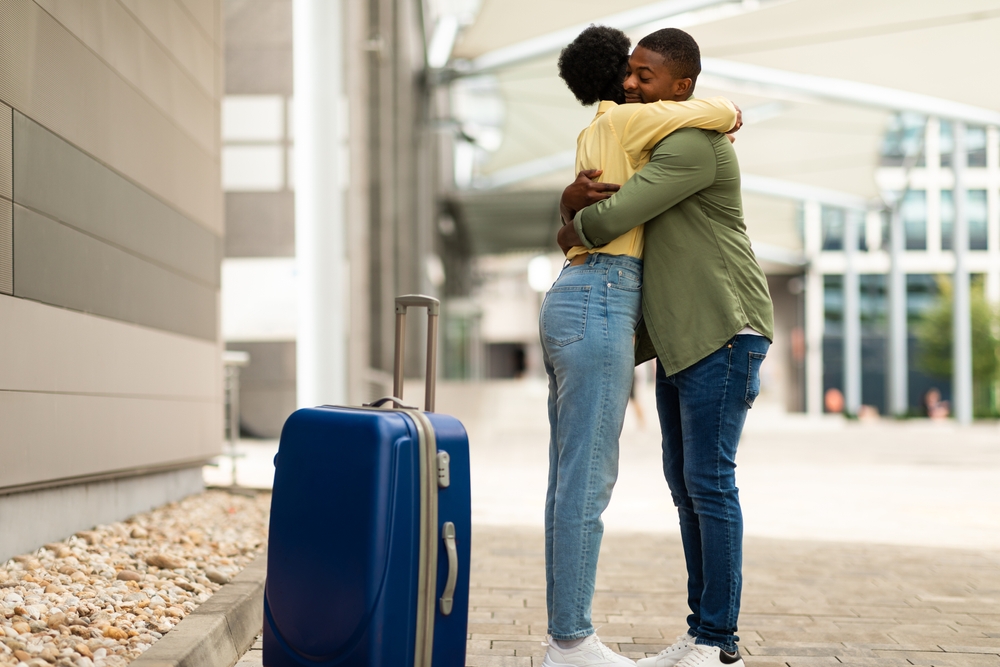[Image Source: https://www.shutterstock.com/image-photo/coronavirus-selfisolation-depression-depressed-man-protective-1707814663]
Losing a loved one is always hard. The closer the relative or friend, the more deeply you will feel their loss. But the COVID-19 pandemic, and the restrictions necessary to stop its spread, can make grieving the loss of the disease’s victims especially difficult. If you have lost someone to the Coronavirus, please know that you are not alone, and that there is help available if you need it.
Coronavirus Leaves Thousands of Grieving Families in Its Wake
COVID-19 has swept through our state, and our nation, leaving death and disease in its wake. As of July 28, 2020, more than 6,000 Michigan residents have died from the virus. Nationwide, the death toll is approaching 150,000.
Every one of those victims had a family and friends grieving their loss. For those bereaved loved ones, the COVID-19 pandemic isn’t an inconvenience or a news item. It has caused catastrophic change in their lives, leaving many to pick up the pieces after the virus unexpectedly claimed their spouse, partner, parent, relative, or friend.
COVID-19 Shutdowns Make Grieving Even Harder
Grieving a close friend or family member is hard in the best of times. But the circumstances around the COVID-19 pandemic make it even harder for those who have lost loved ones to the disease. The CDC, world health experts, and local governments all recommend keeping physical distance. Many states are restricting the size of gatherings – including funerals and memorials. Transportation is difficult. In places where the virus is spreading, hospitals may even send next of kin home, preventing them from being with their loved one in their final moments.
All these steps are necessary to limit the spread of the virus. They also all make grieving more difficult. The need for physical distance and isolation of those exposed to the disease can leave survivors alone with their loss when they need support most.
The Signs of Healthy Bereavement
Grief is a natural reaction to the loss of a loved one. It includes mental, emotional, and physical responses to that person’s absence. In the days after a loved one has died, you may feel:
- Sadness
- Disbelief or denial
- Anger
- Longing or yearning
- Disconnection or isolation
- Difficulty going back to a normal routine
Acute grief can also affect you mentally. You may have frequent intruding thoughts or memories. It may be hard to focus on anything else. You may find yourself easily confused or have trouble thinking clearly. Some people try to do things to feel close to the person who died while others try to avoid reminders they are gone. It is healthy to feel all these things.
Bereavement can last weeks, or even months, but it generally grows less intense over time. For many new routines or rhythms can help by providing structure. You may also benefit from journaling about your memories and feelings, or practicing self-care activities each day.
Supporting the Grieving While Distant
Stay-at-home orders and physical distancing directives can make it more difficult to grieve with your family and friends. But there are still ways to remember your loved one even while remaining physically apart. Grieving while distant could include:
- Connecting with loved ones regularly through calls, texts, or messages of love and support
- Celebrating the person’s life by sharing memories on social media
- Grieving together over conference calls
- Honoring religious or social rituals simultaneously in your own homes
While we are not able to hug those outside our households, comforting words, rituals, and activities can help to reduce the intensity of the grief and make it easier to bear the loss.
When to Get Help Recovering from Grief
The loss of a spouse, family member, or close friend can be traumatic. It will take time to heal, and you do not have to do it alone. Sometimes, bereavement doesn’t fade, and the intensity of grief remains high even months after the loss. Other times, the loss of a close loved one can trigger or aggravate other mental health challenges. Especially with COVID-19 already taxing everyone’s coping mechanisms, getting help from a therapist may be a wise choice. Therapy can help you learn new emotional regulation techniques, understand what you are feeling, and move forward in a healthy way that honors your loved one’s memory.
David Stanislaw is a psychotherapist with over 30 years of experience. He helps children, teens and adults with bereavement and other psychiatric issues. Contact David Stanislaw to get help today.


 Breaking the Cycle: Healthy Parenting Tips for PTSD Survivors
Breaking the Cycle: Healthy Parenting Tips for PTSD Survivors How Bereavement Counseling Helps with Loss
How Bereavement Counseling Helps with Loss Long-Distance Relationships and Loneliness
Long-Distance Relationships and Loneliness